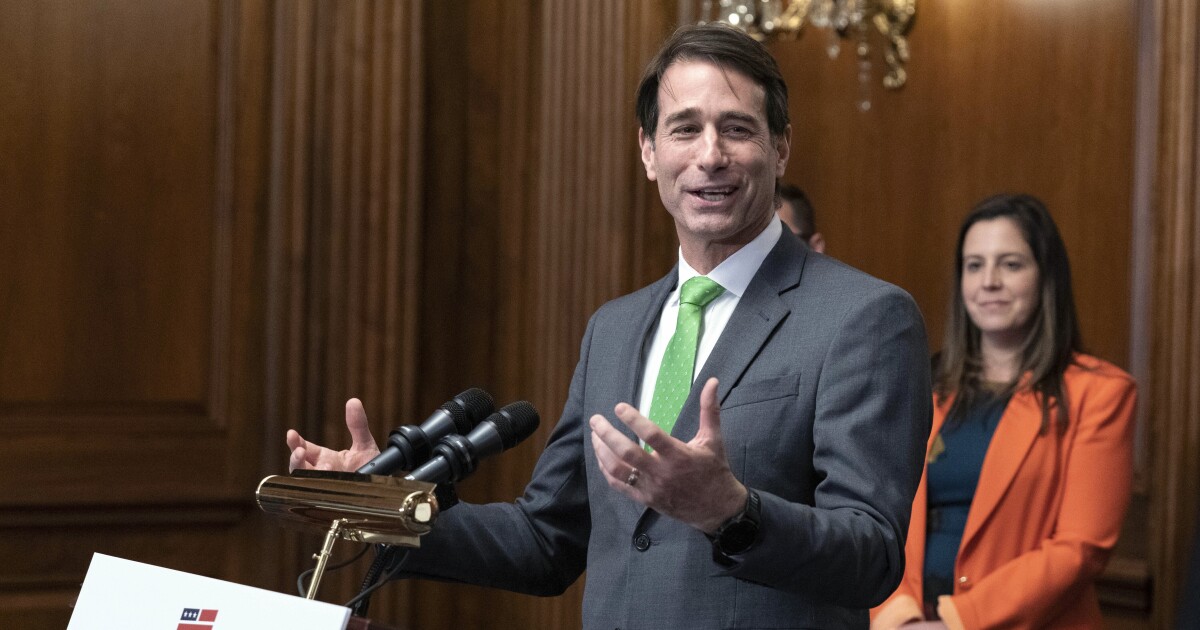

A top GOP debt ceiling negotiator cast aside concerns that the motion to vacate could be used against House Speaker Kevin McCarthy (R-CA).
“I’ll tell you right now, Speaker McCarthy’s position is absolutely safe. He is going to continue delivering wins for the country, changing the direction of Washington, and being more representative of the priorities of Americans across the country,” Rep. Garret Graves (R-LA) told CBS’s Face the Nation.
GOOD COP, BAD COP: HOW GOP NEGOTIATORS HANDLED DEBT CEILING TALKS
Some detractors, such as Rep. Dan Bishop (R-NC), dangled the threat of using the motion to vacate to oust McCarthy from the speakership. Others, such as Rep. Ken Buck (R-CO), have publicly suggested that McCarthy lost credibility with members of his conference over the debt ceiling agreement.
McCarthy agreed to lower the threshold for a motion to vacate to one vote back in January when he faced a historically atypical 15 votes to win the gavel.
“I have no doubt his position is safe, and we’re going to keep marching forward, continuing to build upon the historic wins that he’s been able to achieve this year,” Graves added.
Graves helped negotiate the debt limit deal on behalf of Republicans alongside Rep. Patrick McHenry (R-NC). The motion to vacate has been used by the hard-line conservative flank of the House GOP conference as leverage against prior speakers.
Back in 2015, former Speaker John Boehner (R-OH) stepped down from the speakership after then-Rep. Mark Meadows (R-NC) brought forward a motion to vacate. The motion never got a vote, and there was some speculation that Boehner could’ve survived it.
CLICK HERE TO READ MORE FROM THE WASHINGTON EXAMINER
President Joe Biden signed the debt limit deal — the Fiscal Responsibility Act of 2023 — into law on Saturday. The bill suspended the debt ceiling until January 2025, soothing fears of a potential default, which was projected to occur by the June 5 deadline.
Under the bill, nondefense and nonveteran discretionary spending growth will be effectively kept down until 2024 before increasing by roughly 1% in 2025. In its present form, the bill could reduce the deficit by $1.5 trillion over the next 10 years, according to an estimate from the Congressional Budget Office.





